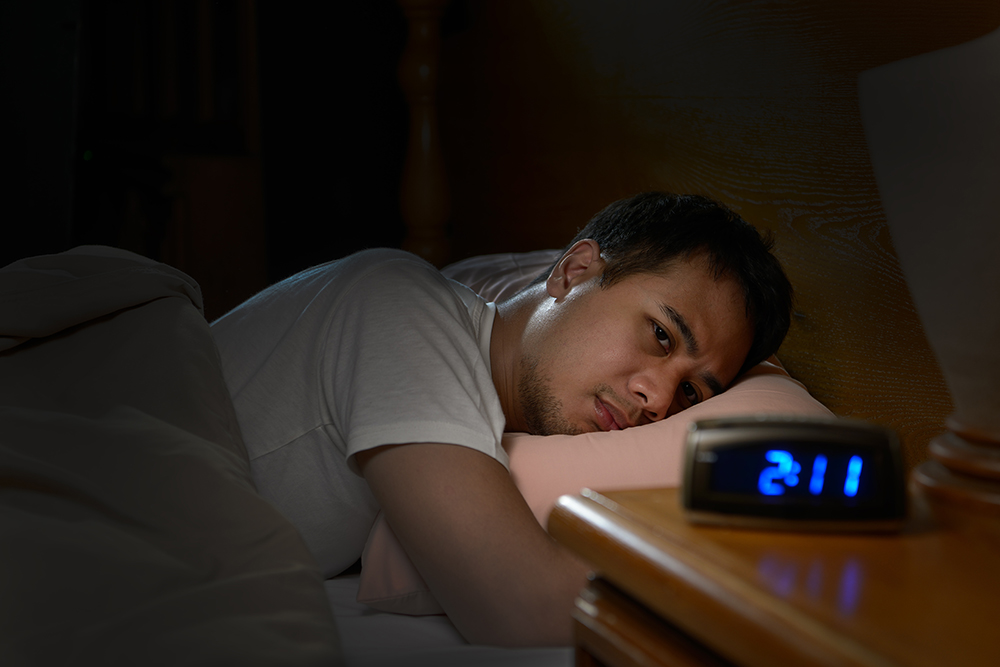Sleep plays a critical role in our physical and mental well-being. However, if you have a sleep disorder, you already know how disruptive it can be. Trouble falling asleep and staying asleep at night can lead to a cascade of physical and mental health implications. This post will explore the symptoms of common sleep disorders and how they impact daily life, as emphasized by recent studies and health reports.
The Critical Role of Sleep
Sleep is a vital physiological process. The sleep cycle includes distinct phases that play a unique role in physical and mental restoration. The circadian rhythm, your body’s natural clock, dictates the timing of sleep.
While adults should sleep seven to nine hours per night for optimal health, many American adults are chronically sleep-deprived. Consistently insufficient sleep can cause health issues like heart disease and diabetes and can signal medical and neurological problems such as congestive heart failure and Parkinson’s disease.
What Are Sleep-Wake Disorders?
Sleep-wake disorders involve a spectrum of conditions that disrupt the natural sleep cycle. Insomnia, the most prevalent of these disorders, affects about one-third of adults with varying severity. Other common disorders include obstructive sleep apnea, parasomnia, narcolepsy and restless leg syndrome. These conditions lead to a significant decline in nighttime rest and daytime functionality.
Effectively managing sleep disorders involves a combination of lifestyle adjustments, medical intervention and, sometimes, psychological therapies. Maintaining good sleep hygiene can significantly improve your quality of life.
- Establish a consistent sleep schedule and stick to it, even on your days off.
- Create a conducive sleep environment by keeping your bedroom cool and dark.
- Avoid substances like caffeine and alcohol.
- Turn off electronics several hours before bedtime to limit your blue light exposure.
- If you have trouble falling asleep, try things like taking a warm bath, drinking chamomile tea, meditating or doing gentle stretches to help you relax and get you in the correct mindset.
Talk to your doctor to address any mental or physical health conditions that co-occur with your sleep disorder. If you have obstructive sleep apnea, a dental device or CPAP therapy can provide relief.
Navigating the Night for Better Health
Understanding and addressing sleep disorders is crucial for your overall well-being. If you or someone you know struggles with sleep-related issues, it’s essential to seek professional advice. At PACE Recovery, we recognize the intricate connection between sleep and mental health and provide comprehensive care to address these intertwined aspects. Remember, a good night’s sleep is a cornerstone of a healthy, fulfilling life.



